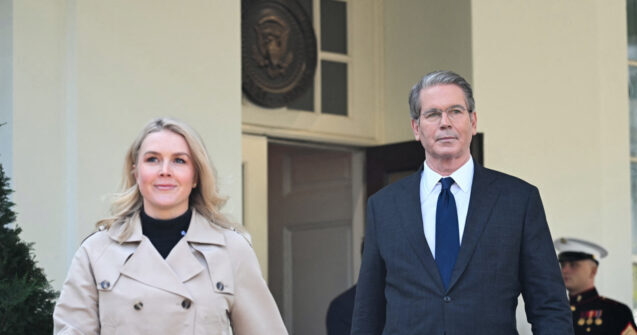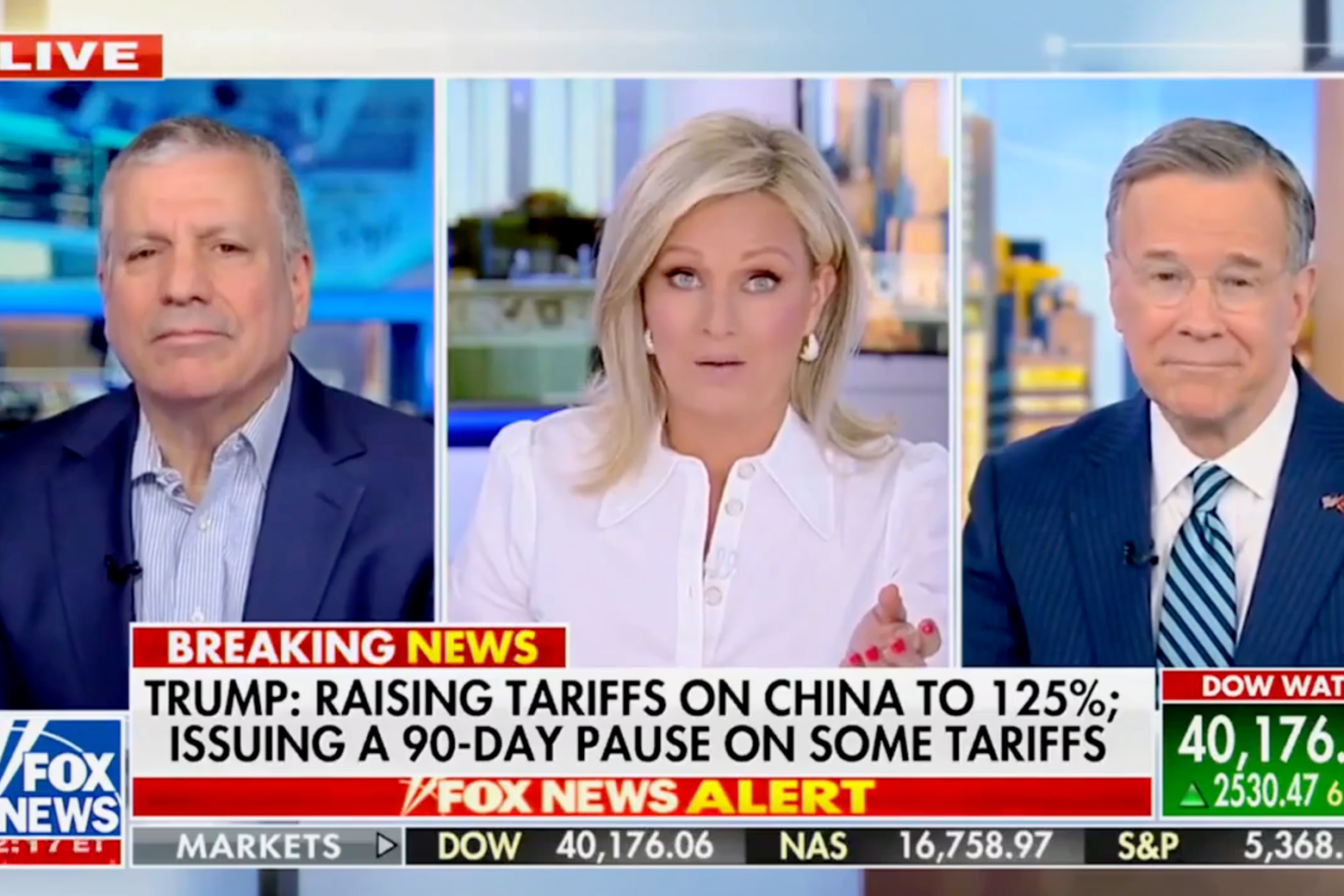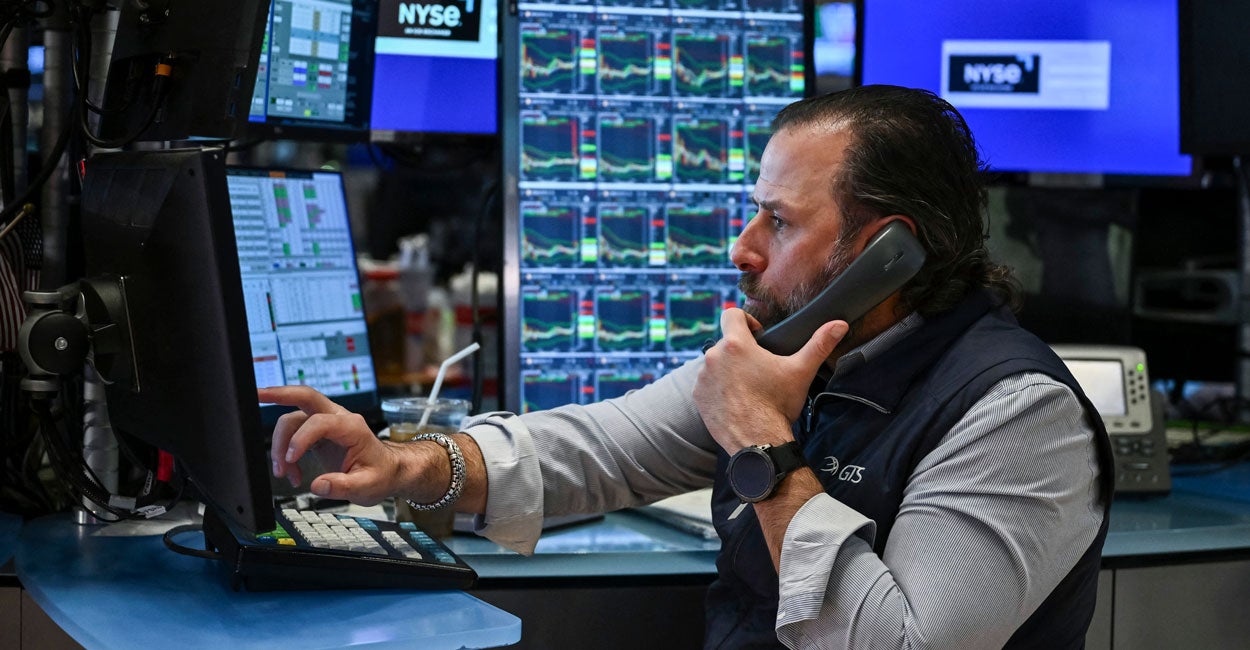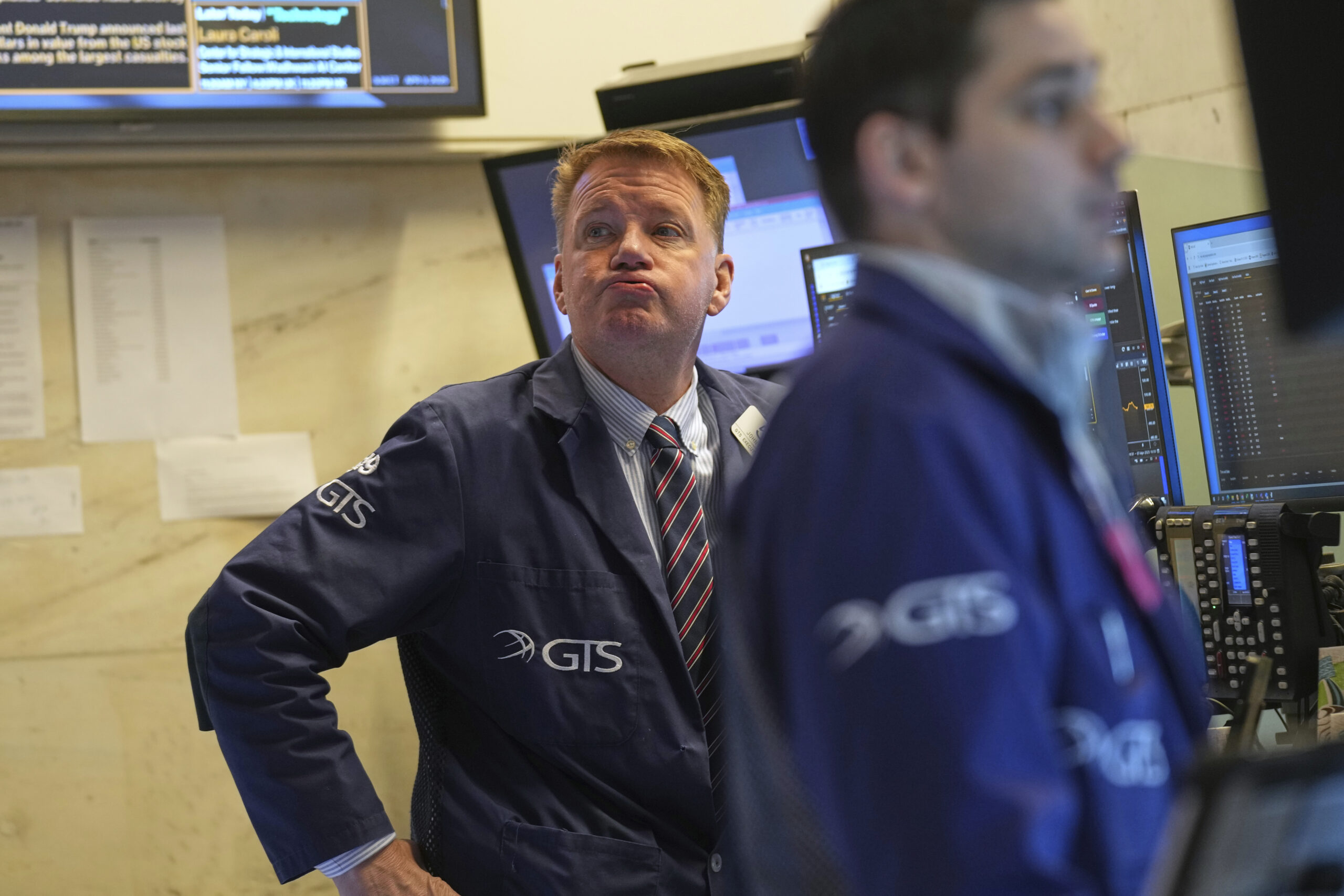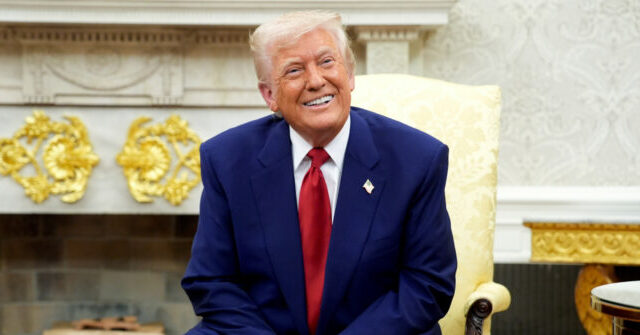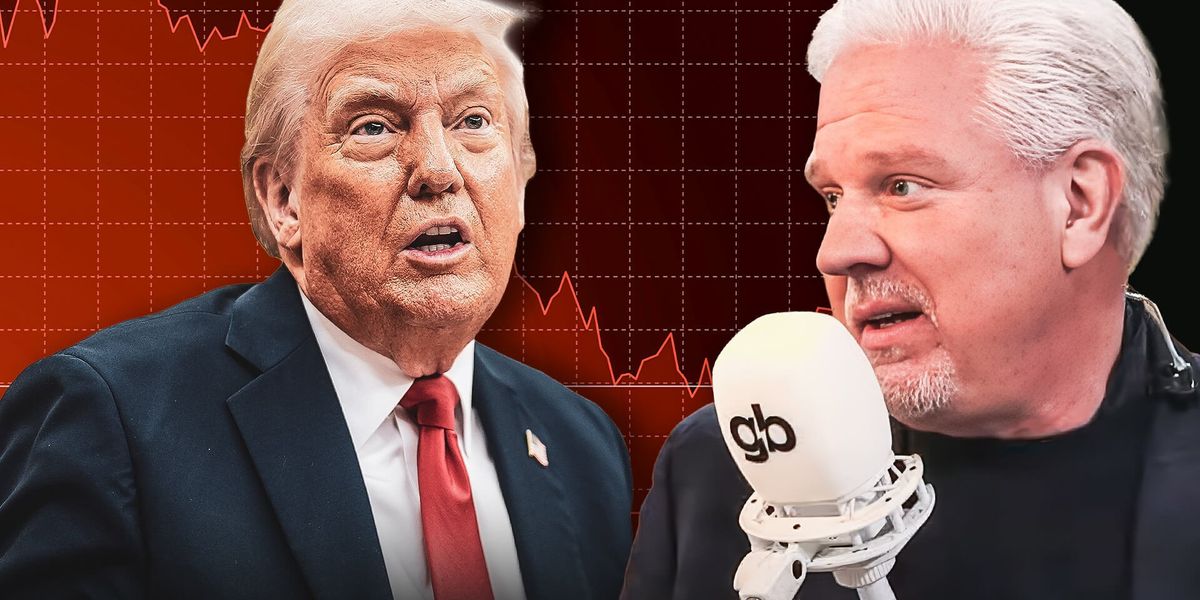U.S. Stock Market Volatility Continues Amid Tariff Turmoil as Recession Risks Linger
Despite a temporary tariff pause, economic uncertainty persists with significant risks of recession as companies and consumers brace for ongoing volatility.
Subscribe to unlock this story
We really don't like cutting you off, but you've reached your monthly limit. At just $5/month, subscriptions are how we keep this project going. Start your free 7-day trial today!
Get StartedHave an account? Sign in
Overview
U.S. stock market volatility continues as President Trump's tariff policies fuel economic uncertainty. Although a 90-day pause on reciprocal tariffs was announced, excluding China’s soaring 125% tariffs, JPMorgan Chase maintains a 60% recession likelihood. This pause follows intense market turmoil, yet analysts warn that volatility will persist as uncertainty surrounding trade issues remains. Consumer behavior is cautious, with over 30% decline in consumer confidence since November. Concerns abound regarding a potential recession as companies like Delta and FedEx report falling revenues and small business optimism drops, influencing defensive spending strategies.
Report issue

Read both sides in 5 minutes each day
Analysis
- The stock market volatility is a natural and expected part of the investing cycle, with long-term investors potentially benefiting from current market corrections.
- President Trump's tariff policies have contributed to market instability and uncertainty, impacting corporate and consumer confidence negatively.
- Despite the recent 90-day pause on reciprocal tariffs for most countries, the ongoing tariffs on China at 125%, coupled with market fluctuations, keep the economic outlook turbulent.
Articles (14)
Center (4)
FAQ
The 90-day pause on tariffs may temporarily alleviate market volatility, but it excludes China, which continues to escalate tariffs, keeping overall economic uncertainty high.
U.S. stock markets initially plummeted following the tariff announcements but surged after President Trump announced a temporary pause, excluding China. However, volatility remains due to ongoing trade tensions.
JPMorgan Chase estimates a 60% likelihood of recession due to the economic uncertainty fueled by trade policies. This risk is compounded by falling consumer confidence and declining revenues reported by major companies.
History
- 7M

 4 articles
4 articles
- 7M

 6 articles
6 articles


